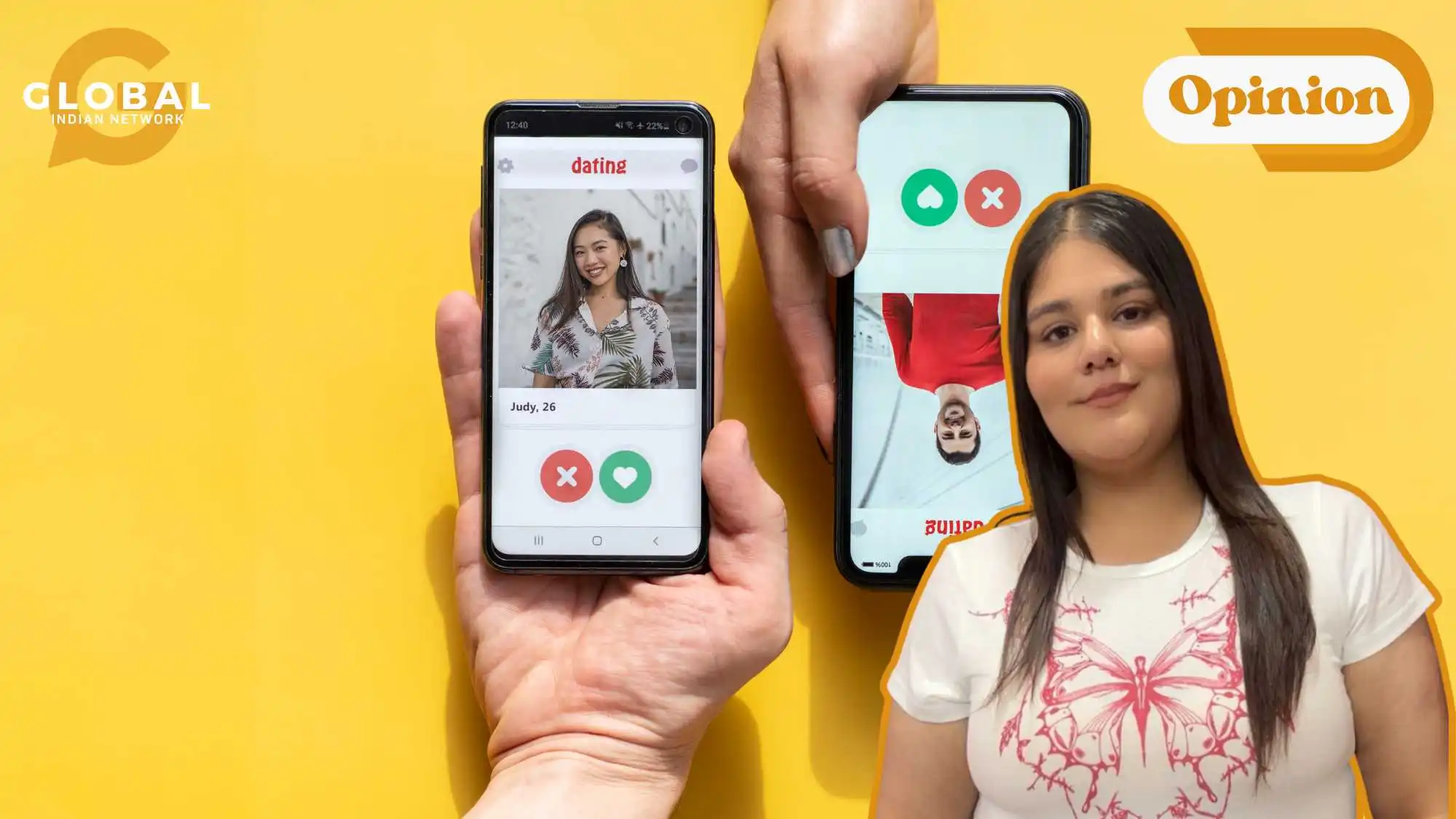Falling in love used to be a slow-moving and sometimes magical journey…a look across a crowded room, an hour-long conversation, a slow connection. Today, love for many people begins with a notification. A match on a dating app, a short chat, and maybe a date. With dating apps like Tinder, Bumble, Hinge, and others, the way we meet, talk, and emotionally connect with one another has changed forever. These apps provide access and make things easy and convenient, but they are also changing how we perceive relationships in ways we probably do not realize.
When dating apps changed the way we meet, the first effect was the sheer amount of choice we have available. In one evening, we can swipe through hundreds of profiles, something that would have been impossible only a decade ago. The accessibility of portfolios can feel invigorating and entitled. We can engage with people from different backgrounds, regions, and even countries. But with that abundance, we created a paradox: the more choices available, the more difficult it becomes to choose. Users continue to swipe, using the excuse of “I do not want to commit to this person… what if better ones already exist?”
This is known, among psychologists, as the “paradox of choice.” Rather than feeling satisfied, we end up feeling increasingly anxious. We find ourselves doubting our choices and second-guessing our matches, and instead of dedicating ourselves to one person, the option of continuing to swipe and look feels too good to resist. Love is no longer about the connection and what we find special about someone else. It’s now about how we compare someone to everyone else.

Dating apps also encourage us to jump to the final judgment, often making our call in a matter of seconds, by swiping left and right, based on a few photos and a few words. By immediate decision-making, we dismiss potential partners based on looks, clever one-liners, or cuter photos. In real life, we often fall in love with a person over time, liking their honesty, the sound of their laugh, and their kindness towards waiters. Apps don’t allow for that same space. They compel us to make short-shrift judgments, which inherently shortchange meaningful people who may not describe or present themselves perfectly online.
But it’s not all bad. Dating apps have allowed people who traditionally have a hard time meeting people to find small ways to connect. For many who are shy, socially anxious, LGBTQ+, or simply live in small towns, apps have offered ways to connect. Apps can help people meet people who share their values, lifestyle, or life goals. Many of the successful modern relationships probably started off with a match notification.
But, this begs an even deeper question—are we losing patience with love? Dating apps have made feeding our romantic desires convenient—swiping, chatting, and dating. But real love takes time. Love is built on experience, understanding, and forgiveness; these slow and awkward moments are the essence of relationships. We are missing the beauty of growing together when dating becomes simply about meeting someone in a sterile and perfect condition.
In my opinion, dating apps are a valuable resource, but only if we remember that they are just a resource. Dating apps can lend us opportunities to meet people, but they should not determine how we connect or what it means to love. If we treat them as shortcuts to happiness, we may be disappointed. But if we engage with them with intention, and we can honestly share our identities and lives, we can build connections that mean something.
Romantic love has not gone away in a technology-dominated world. It is morphing into something else. We are no longer waiting for love to find us; we are now seeking it. The challenge to this new approach is not simply to swipe right, match, and message each other, but to pause, connect, and create something beyond the technology.

Let us know your thoughts. If you have burning thoughts or opinions to express, please feel free to reach out to us at larra@globalindiannetwork.com.









